Customer Service Hours
7:30 AM-6:30 PM CST
24-Hour Emergency
877-267-4764
24-Hour Emergency
877-267-4764
Customer Service Hours
7:30 AM-6:30 PM CST
24-Hour Emergency
877-267-4764
877-267-4764
Too many low-income Minnesotans have to choose between paying their energy bill and other necessities – food, medicine and healthcare. Minnesota’s Energy Assistance Program offers eligible residents help to pay their energy bills so they do not have to choose between life’s necessities.
The Energy Assistance Program:
Minnesotans can now apply for the Energy Assistance Program online, making it easier and faster to get help to pay their energy bills. Online Application
If you are interested in receiving weatherization services, the Weatherization Assistance Program uses the same application.
If you are unable to apply online, require further assistance, or have questions, email [email protected], or call 800-657-3710 to connect with your local service provider.
Households with a bill that has an unpaid balance beyond the current month’s charges and/or a disconnection notice* are eligible to receive Crisis Assistance to pay their past due and current balance.
The maximum Crisis Assistance amount is $600.
*Seniors that are 60 years old or older and living in the home can have the current or past due balance paid without a disconnection notice. The account does not need to be in the senior’s name to qualify.
If you find yourself having trouble paying your heating bills, please call 877-267-4764 and we will direct you to available assistance in your area.
Great Plains Natural Gas offers its Minnesota customers a Gas Affordability Program (GAP)* designed to help qualifying residential customers manage their monthly gas bills and pay past due balances. To qualify for the program, customers must have received a Low-Income Home Energy Assistance Program (LIHEAP) grant for the current heating season payable to Great Plains Natural Gas Co. If accepted into the GAP, customers can receive credits on their monthly natural gas bill.
Gas Affordability Program Application Form
GAP Benefits Include:
GAP Offers Qualifying Customers Two Types of Credit:
Conditions of Service:
*GAP is offered under the Gas Affordability Program Tariff and is subject to annual regulatory review by the Minnesota Public Utilities Commission.
Policies regarding the disconnection of residential heating sources from October 1 through April 30 are governed by Minnesota Statutes, Chapter 216B. Minnesota PUC Cold Weather Rule.
Utility customer service is governed by Minnesota Rules, Chapter 7820. Minnesota PUC Customer Service and Billing Rules.
211 works a bit like 911. Calls to 211 are routed by the local telephone company to a local or regional calling center. The 211 center’s referral specialists receive requests from callers, access databases of resources available from private and public health and human service agencies, match the callers’ needs to available resources, and link or refer them directly to an agency or organization that can help.

| Cookie | Duration | Description |
|---|---|---|
| cookielawinfo-checkbox-analytics | 11 months | This cookie is set by GDPR Cookie Consent plugin. The cookie is used to store the user consent for the cookies in the category "Analytics". |
| cookielawinfo-checkbox-functional | 11 months | The cookie is set by GDPR cookie consent to record the user consent for the cookies in the category "Functional". |
| cookielawinfo-checkbox-necessary | 11 months | This cookie is set by GDPR Cookie Consent plugin. The cookies is used to store the user consent for the cookies in the category "Necessary". |
| cookielawinfo-checkbox-others | 11 months | This cookie is set by GDPR Cookie Consent plugin. The cookie is used to store the user consent for the cookies in the category "Other. |
| cookielawinfo-checkbox-performance | 11 months | This cookie is set by GDPR Cookie Consent plugin. The cookie is used to store the user consent for the cookies in the category "Performance". |
| viewed_cookie_policy | 11 months | The cookie is set by the GDPR Cookie Consent plugin and is used to store whether or not user has consented to the use of cookies. It does not store any personal data. |